Quince, scientifically known as Cydonia oblonga, is a fruit that has been cherished for centuries for its unique flavor and numerous health benefits. This golden-yellow fruit, resembling a cross between an apple and a pear, is not only delicious but also packed with nutrients that can improve your overall health. In this article, we will explore the various health benefits and uses of quince, highlighting why it deserves a place in your diet.
Nutritional Profile of Quince
Quince is a powerhouse of essential vitamins and minerals. A 100-gram serving of quince provides:
- Calories: 57 kcal
- Carbohydrates: 15.3 grams
- Protein: 0.4 grams
- Fat: 0.1 grams
- Fiber: 1.9 grams
- Vitamin C: 15 mg (25% of the Daily Value)
- Vitamin B6: 0.04 mg (2% of the Daily Value)
- Potassium: 119 mg (3% of the Daily Value)
- Copper: 0.13 mg (14% of the Daily Value)
- Iron: 0.7 mg (4% of the Daily Value)
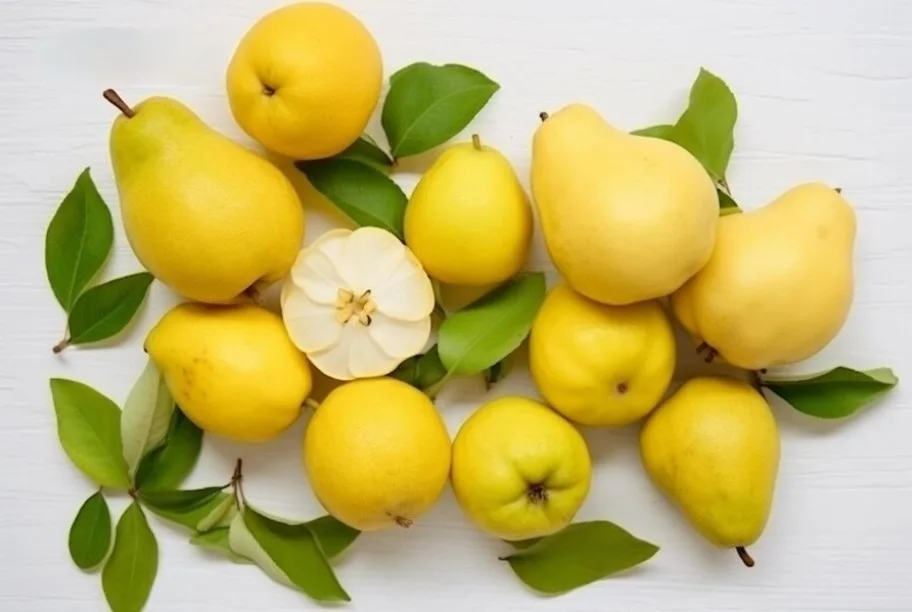
Health Benefits of Quince
Rich in Antioxidants
Quince is an excellent source of antioxidants, including phenolic compounds and flavonoids. These antioxidants help protect your cells from damage caused by free radicals, reducing the risk of chronic diseases such as heart disease, diabetes, and cancer.
Boosts Immune System
The high vitamin C content in quince plays a crucial role in strengthening the immune system. Vitamin C stimulates the production of white blood cells, enhancing the body’s ability to fight infections and diseases. Regular consumption of quince can help keep colds and flu at bay.
Aids Digestion
Quince is rich in dietary fiber, which is essential for maintaining a healthy digestive system. Fiber adds bulk to coprolite, promoting regular bowel movements and precluding constipation. Additionally, fiber acts as a prebiotic, feeding the beneficial bacteria in your gut, which can improve overall gut health.
Anti-Inflammatory Properties
Quince contains compounds with anti-inflammatory properties, such as polyphenols and tannins. These compounds help reduce inflammation in the body, which can alleviate symptoms of inflammatory conditions like arthritis and inflammatory bowel disease.
Supports Heart Health
The potassium in quince helps regulate blood pressure by balancing sodium levels in the body. This, in turn, reduces the strain on the cardiovascular system, lowering the risk of hypertension and heart disease. Moreover, the antioxidants in quince help prevent the oxidation of LDL cholesterol, a key factor in the development of atherosclerosis.
Promotes Healthy Skin
Quince’s rich vitamin C content is beneficial for skin health. Vitamin C promotes collagen production, which helps maintain skin pliantness and reduces the appearance of wrinkles. Additionally, the antioxidants in quince protect the skin from damage caused by UV rays and environmental pollutants.
Aids in Weight Loss
Quince is low in calories and high in fiber, making it an ideal fruit for those looking to lose weight. The fiber content helps you feel full for longer, reducing overall calorie input. Additionally, the low glycemic index of quince means it does not cause rapid spikes in blood sugar levels, helping to control appetite and prevent overeating.
Improves Respiratory Health
Quince has traditionally been used to treat respiratory issues such as coughs and bronchitis. The high vitamin C content helps boost the immune system, while the fruit’s anti-inflammatory properties can reduce inflammation in the respiratory tract, alleviating symptoms of asthma and bronchitis.
Enhances Eye Health
Quince contains significant amounts of vitamin A and other antioxidants that are beneficial for eye health. These nutrients help protect the eyes from oxidative stress and reduce the threat of age-related macular degeneration and cataracts.
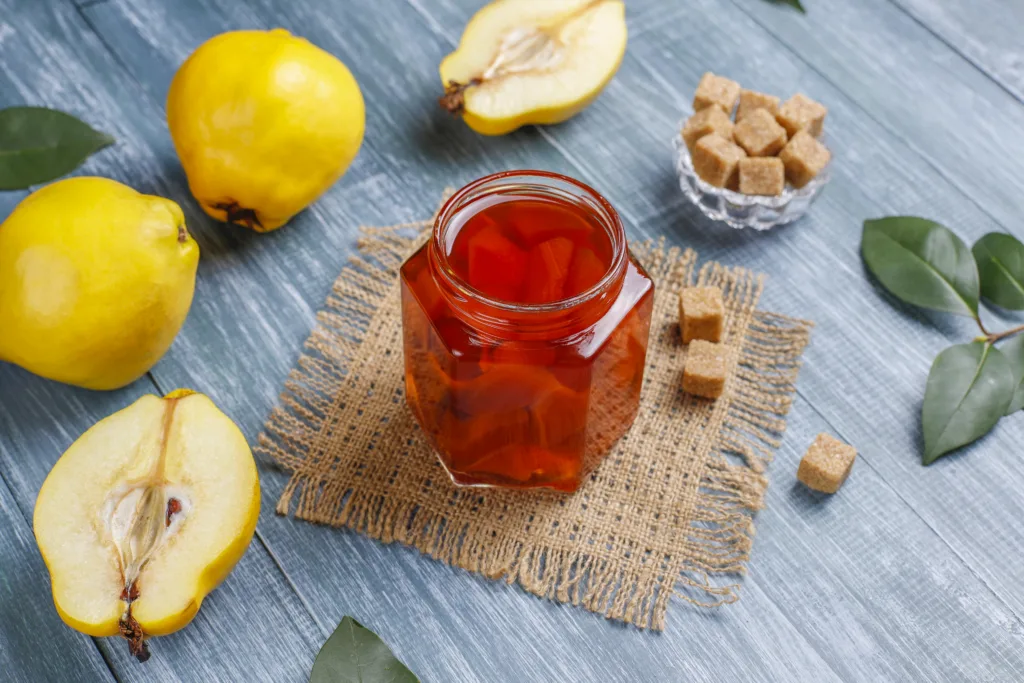
Uses of Quince
Culinary Uses
Quince is a versatile fruit that can be used in various culinary applications:
- Jams and Jellies: Quince’s high pectin content makes it perfect for making jams and jellies. Its unique flavor adds a delightful twist to these preserves.
- Baking: Quince can be used in pies, tarts, and cakes. It pairs well with spices like cinnamon and nutmeg, adding a fragrant aroma and flavor to baked goods.
- Cooking: Quince can be stewed or poached to make a delicious accompaniment to meats, particularly pork and lamb. It can also be added to stews and casseroles for a hint of sweetness.
- Salads: Fresh quince can be sliced thinly and added to salads, providing a crunchy texture and a tart flavor that complements greens and cheeses.
Medicinal Uses
Quince has been used in traditional medicine for centuries due to its therapeutic properties:
- Digestive Aid: Quince syrup is often used as a natural remedy for digestive issues such as diarrhea and dysentery.
- Cough Relief: Quince seed mucilage, a gelatinous substance, is used to soothe sore throats and reduce coughs.
- Wound Healing: The tannins in quince have astringent properties that can help in the healing of minor cuts and wounds.
How to Incorporate Quince into Your Diet
Incorporating quince into your diet is easy and can be done in various delicious ways:
- Quince Compote: Cook peeled and sliced quince with sugar, lemon juice, and water until tender. Serve it as a topping for yogurt or pancakes.
- Roasted Quince: Roast quince slices with a drizzle of honey and a sprinkle of cinnamon for a healthy dessert or side dish.
- Quince Smoothie: Blend fresh or cooked quince with your favorite fruits and some yogurt for a nutritious smoothie.
- Quince Tea: Boil quince seeds in water to make a soothing tea that can help with digestive issues and sore throats.
Conclusion
Quince is a nutritious and versatile fruit that offers numerous health benefits. From boosting your immune system and aiding digestion to promoting healthy skin and supporting heart health, quince is a valuable addition to any diet. Its unique flavor and texture make it a delightful ingredient in both sweet and savory dishes. Whether you use it in jams, baked goods, or savory recipes, quince is sure to enhance your culinary experience while providing a range of health benefits.
Incorporate quince into your diet today and reap the rewards of this ancient superfruit.
Topics covered
- What is Quince?
- What are key nutrients in Quince?
- What are health benefits of Quince?
- What are uses of Qunce?
- How to use Quince?

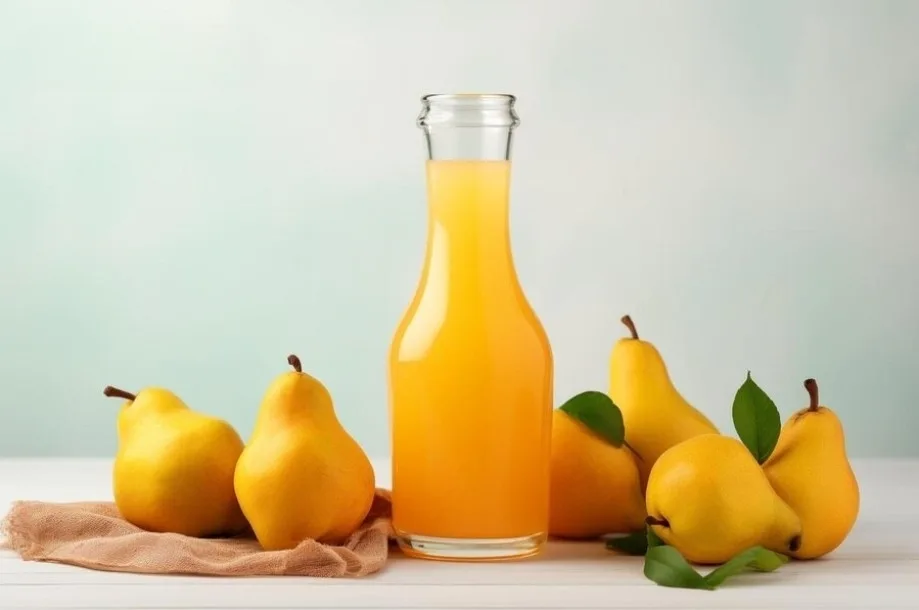
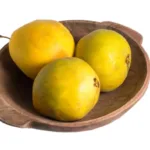
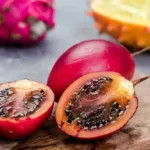
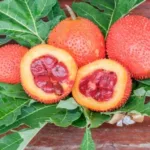
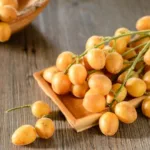
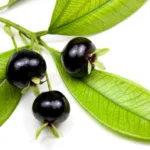

The way you put together the information on your posts is commendable. I would highly recommend this site. You might also want to check my page QU9 for some noteworthy inputs about Cosmetic Treatment.